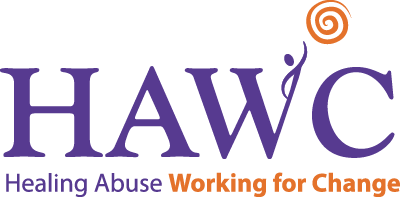For many, sibling rivalry is seen as a rite of passage, a familial introduction to the harsh interactions of the real world. However, for some, this harshness rises above that of normal sibling games.
In fact, just under one half of children under 18 are involved in sibling abuse, which can range from pushing and shoving to using weapons, threats, and pervasive psychological intrusion to make one sibling feel powerless and humiliated. Professor Mark Kiselica of Cabrini University actually believes sibling maltreatment is the most common form of domestic abuse, with many survivors two times more likely to suffer from depression, anxiety, and self-harm by the age of 18.
Often, survivors of sibling abuse are silenced because it can be hard to differentiate abuse from normal family bickering, and because violence at the hands of a sibling is often accepted in society. Understanding what sibling abuse can look like may help to end these misperceptions and offer hope to those who have experienced such violence.
Sibling abuse…
- Targets a specific sibling who cannot defend themselves
- Features rigid roles: one child is always the aggressor, and one child is always the survivor
- Can be psychological, verbal, physical, cyber, financial, or social
- Involves a repetitive pattern of behavior
Sibling abuse is often triggered when…
- Siblings are close in age
- Family size increases
- Parents are not available or emotionally involved in their children’s lives
- Parents reinforce competition by playing favorites or comparing children
- Children do not know how to handle conflicts
Sibling abuse may result in…
- One child always avoiding their sibling
- A change in behavior, sleep patterns, or eating habits
There are many ways to create a safe atmosphere for your children, advocate for change, and prevent violence. However, in order to avoid often normalized violence between siblings, consider taking these additional steps:
- Commit to a set of strict rules regarding name-calling, teasing, threatening, or provoking
- Avoid giving older children too much responsibility for younger children
- Find time to develop one-on-one relationships with your children
- Intervene in conflicts between children when necessary
- Model good conflict resolution skills
- Allow your children to develop boundaries around their bodies; emphasize the importance of the word “no”
For more information regarding all forms of abuse, or for help escaping or understanding potentially abusive relationships, call HAWC’s 24-Hour Hotline any time of the day or week at 1-800-547-1649 or explore our website to uncover more resources and information.
References
- 02 January 2017. “Sibling Bullying: Humiliated and Scorned by a Family Member…This is Not Just ‘Sibling Rivalry’.” The Irish Times. Retrieved by https://www.irishtimes.com/life-and-style/health-family/sibling-bullying-humiliated-and-scorned-by-a-family-member-this-is-not-just-sibling-rivalry-1.3327426 .
- November 2012. “Sibling Abuse.” Michigan Medicine: University of Michigan. Retrieved by http://www.med.umich.edu/yourchild/topics/sibabuse.htm .


